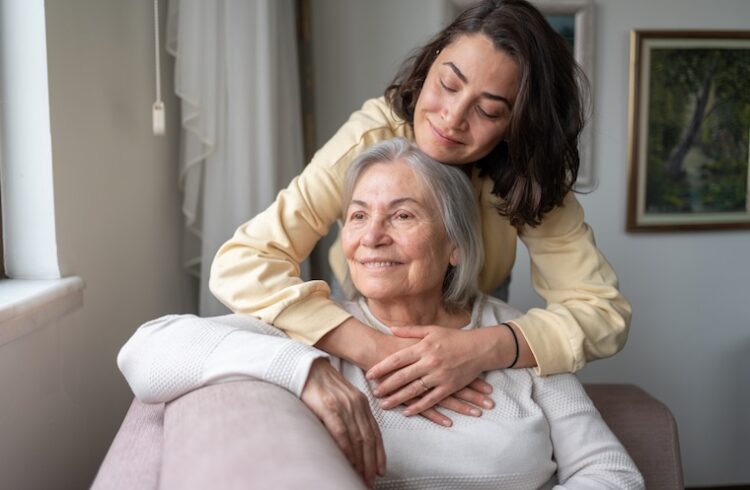
UVA Health has received a national health innovation award for its collaborative program to prevent COVID-19 infections at local long-term care facilities and reduce mortality when outbreaks occur.
UVA Health’s Geriatric Engagement and Resource Integration for Post-Acute and Long-Term Care Facilities (GERI-PaL) program was named a runner-up in the 2020 Health Quality Innovators of the Year Awards.
“I am so proud to see the efforts of our entire team and our long-term care facility and community partners recognized,” said UVA Health geriatrician Laurie R. Archbald-Pannone, MD, the program’s lead physician. “This is a wonderful example of healthcare providers here in the Charlottesville area who are working tirelessly to provide quality care for patients with COVID-19.”
GERI-PaL brings together specialists from within UVA and across the healthcare community through telehealth technology to control COVID-19 at long-term care facilities, which nationally have been particularly vulnerable to the pandemic’s effects because of the serious health challenges many of their residents face.
As part of the program, long-term care facilities are able to consult with UVA infectious disease experts to develop infection-control procedures; meet with a range of UVA experts in nursing, geriatrics and pulmonology to receive the latest COVID-19 guidance through Project ECHO (Kim Albero, DNP); obtain consultations on individual patients and transfers to the hospital as needed (Drew Harris, MD, and Justin Mutter, MD); have medical student volunteers call residents to reduce social isolation; and have regular discussions with a nurse liaison to make sure each facility’s needs are being met (Rebecca Steele, CNL).
A research paper based on the first two facility outbreaks addressed by the GERI-PaL team showed lower mortality rates – 12% and 19% – compared with a 28% mortality rate reported at a long-term care facility in Washington state.
“We believe this program is a model that can be replicated nationwide and has the potential to enhance care for patients at long-term care facilities long after the COVID-19 pandemic ends,” Archbald-Pannone said.



